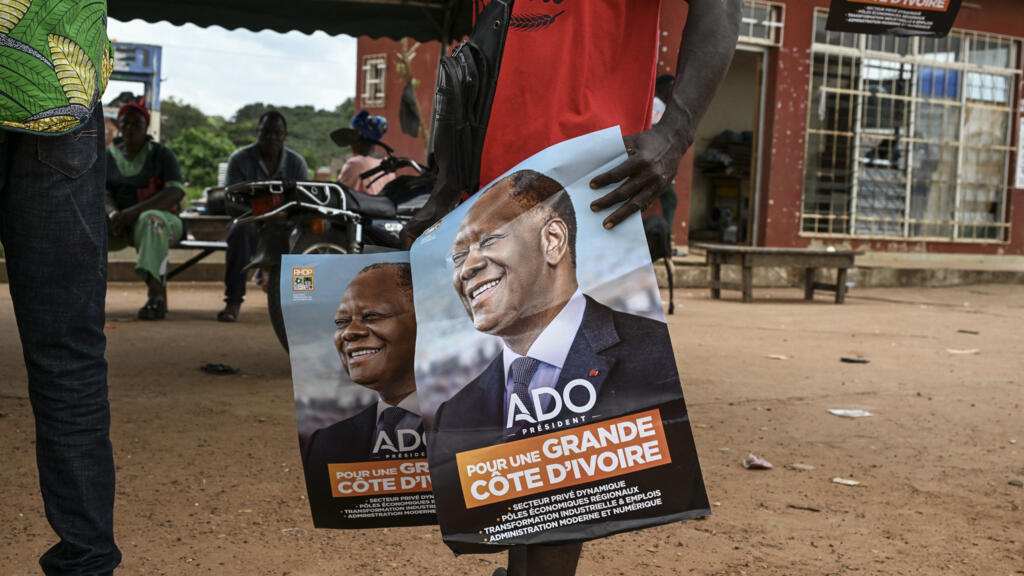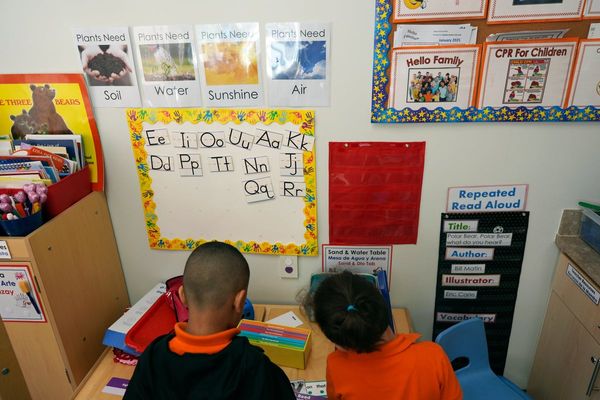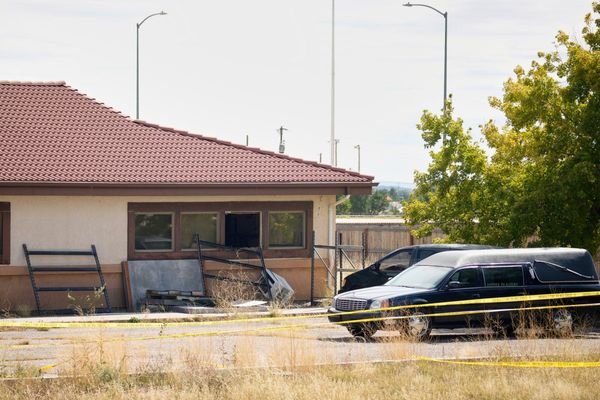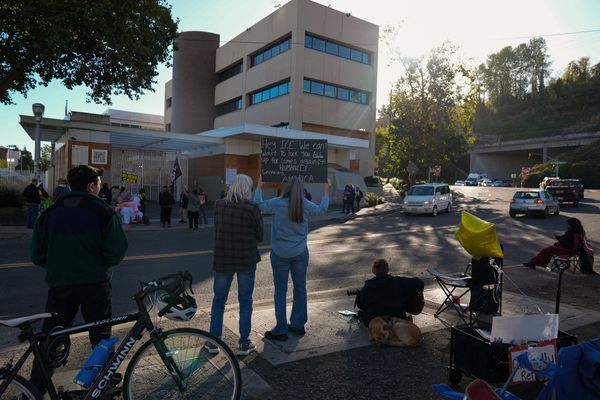
As President Alassane Ouattara prepares for a fourth term after winning last week's election in Côte d'Ivoire in a landslide, the exclusion of his two main challengers from the race has left the opposition splintered and voters disillusioned. With no successor lined up for the 83-year-old leader, observers are concerned about what might come when it's eventually time for power to change hands.
After judges barred both ex-president Laurent Gbagbo and prominent financier Tidjane Thiam from running in the 25 October poll, the first for a criminal conviction and the second for questions over his French nationality, Ouattara could have used his presidential powers to overturn the rulings. He did not.
The president insisted he did not want to interfere in a matter for the courts, but his critics accuse him of using the law to edge out his opponents.
Ouattara went on to claim a crushing 89.77 percent of the vote.
Opposition parties including Thiam's PDCI-RDA and Gbagbo's PPA-CI have described Ivorian democracy as weakened. Voters too told RFI they felt they had no real choice.
Inside Côte d’Ivoire’s pivotal election: voices of hope and uncertainty
Divisions and weaknesses
Moquet César Flan, director of the Abidjan Centre for Political Research (CRPA) and a specialist on democratic governance and security, says there are two main reasons why Ouattara scored so highly: first, turnout was low at around 50 percent, and second, the main opposition candidates were not on the ballot.
"Indirectly, the exclusion of Gbagbo and Thiam from the electoral list contributed to Ouattara's victory – especially since these figures called for a boycott of the process, effectively urging voters not to go to the polls," he told RFI. "This had the opposite effect in regions that are strongholds of [Ouattara's ruling party] the RHDP, by boosting turnout there."

Opponents were deeply divided, he added. "The large family of social democrats, which was embodied by the Ivorian Popular Front (FPI) before 2010, has been fragmented, so the Ivorian left is completely archipelagic and entirely splintered."
Founded by Laurent Gbagbo and his then wife Simone, the FPI has seen core figures desert it for other factions. Simone Gbagbo and former ally Ahoua Don Mello stood against each other in last weekend's election, Flan noted.
Cote d'Ivoire goes to the polls: in pictures
Uncertain succession
The main worry now is what might happen from here.
Protests or unrest could still emerge. The PPA-CI has called for a demonstration on 8 November, in order to denounce violence that took place during the presidential election in some parts of the country.
Longer term, there remains the question of who could succeed Ouattara if he were to become sick or worse. He has yet to name his political heir.
"Some people are worried that we might find ourselves in a situation similar to the time of the late [Félix] Houphouët-Boigny," Flan said, referring to the first president of Côte d'Ivoire from 1960 until his death in 1993.
Houphouët-Boigny delayed designating a successor, "to the point that Article 11, which set out the line of succession, was erased from the constitution and rewritten at least three times," said Flan. "So there are concerns from that point of view."
Ouattara, he points out, "is a strong personality and has great influence over his political party".
"Ouattara is the guarantor, up to a certain point, of its functioning and its cohesion. There is also the risk of creating tensions or factions within the party by naming the person who will succeed him... But it will have to be done at some point, and in such a way as to preserve, as far as possible, the unity of the country."

Ouattara picked his close ally Amadou Gon Coulibaly to replace him in the 2020 election, but Gon Coulibaly died three months before the vote, forcing a rethink.
The president has since insisted he has a half-dozen potential successors in mind, but that "no one ticks all the boxes", a source close to Ouattara told the press.
The issue of his succession is more pressing than ever now his re-election is official.
His advanced age also clashes with the expectations of an overwhelmingly young country, where three-quarters of the population are under the age of 35.







